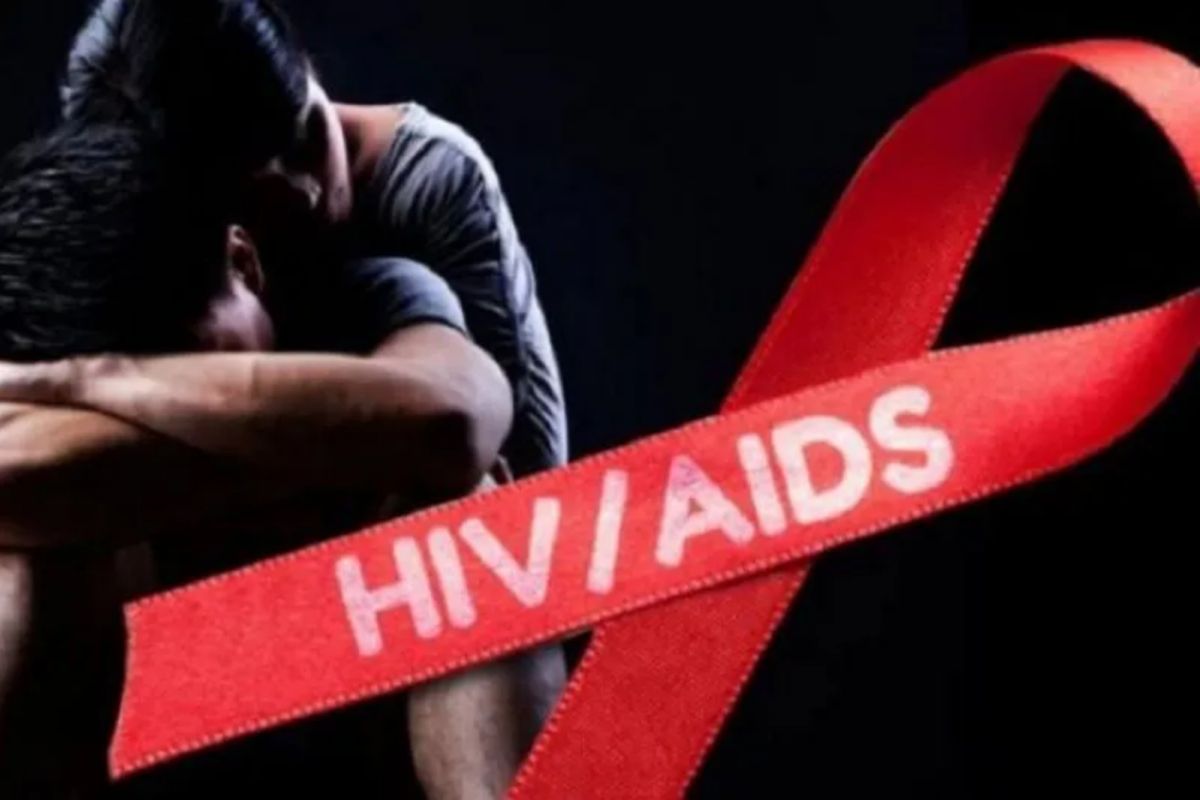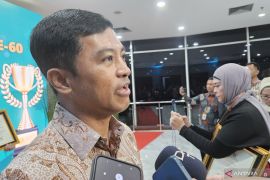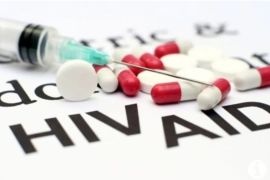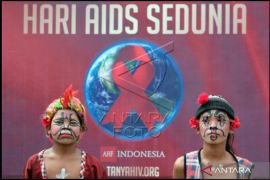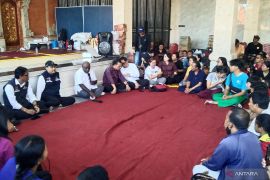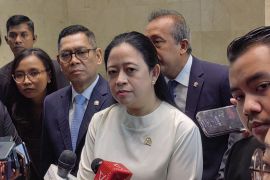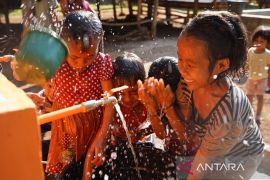"Ending AIDS is related to upholding all human rights. In the context of Indonesia's diversity, let us reaffirm that dignity, equality, and justice must be the basis for efforts to address HIV and AIDS," the ministry's Director of Prevention and Control of Infectious Diseases, Ina Agustina Isturini, stated on Saturday.
Indonesia aims to achieve three goals in eliminating HIV/AIDS, namely preventing new cases, reducing mortality due to AIDS, and ending discrimination. The objectives known as “triple zero”, she said.
According to her, Indonesia has taken strategic steps to combat HIV, such as increasing access to diagnosis and treatment, expanding viral load testing services, and implementing prevention programs, including the provision of prophylactic drugs.
"This progress has saved many lives. However, we still have a long way to go. Stigma and social discrimination create major barriers, especially for marginalized populations, such as injecting drug users, sex workers, and MSM (men who have sex with men) communities," she added.
She highlighted that Indonesia has set a target of ensuring 95 percent of people living with HIV/AIDS (PLWHA) get diagnosed, 95 percent of PLWHA undergo lifelong antiretroviral (ARV) treatment, and 95 percent of PLWHA undergoing treatment have an undetectable viral load.
The data from the Health Ministry, as of September 2024, revealed that only 71 percent of estimated PLWHA in Indonesia are aware of their HIV status.
Furthermore, just 64 percent of them received ARV treatment, and only 49 percent of those undergoing treatment were tested for viral load, with undetectable virus results.
"This figure is still far from the global targets. Therefore, breakthroughs and innovations are needed to address this challenge," Isturini stated.
To eliminate HIV/AIDS, a comprehensive commitment to human rights is needed, since health is a fundamental right that must be guaranteed for everyone, regardless of their background.
Moreover, Isturini emphasized the importance of community involvement in supporting PLHIV and their families.
"Public education and awareness are also powerful tools. By eliminating stigma and dangerous myths, we can realize a more inclusive and supportive environment," she explained.
Related news: World HIV/AIDS Day a reminder to intensify TB screening: Ministry
Translator: Sean Filo M, Resinta Sulistiyandari
Editor: Bayu Prasetyo
Copyright © ANTARA 2024
